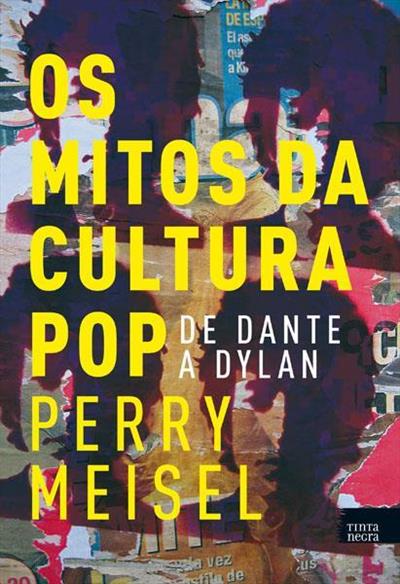Jean Starobinski's enormously influential study of Rousseau, published in French in 1957, is a welcome addition to the bibliography of European criticism available in English. One of the most celebrated achievements of what has been called the "criticism of consciousness" associated with Geneva, Starobinski's phenomenological meditation on Rousseau is based on the assumption that a writer's work is the embodiment of an authorial consciousness that precedes and exceeds its textual incarnation, an assumption in practice incompatible with neither subsequent deconstructive criticism nor traditional biography and history.
While Starobinski's analysis appears to reify a host of problematic ontological notions, his actual reading is very different. For Starobinski, Rousseau's quest for "self-awareness," a wry Starobinksi reminds us, "is intimately associated with the possibility of becoming someone else." Rousseau's famous conflicts are handled, not as struggles to be overcome, but as enabling tensions. Rousseau "was . . . contaminated by the very disease he was attacking," wishing "to set forth, in writing, a philosophy paradoxically based on the rejection of literature."
The many oxymora in Rousseau are therefore constitutive rather than contradictory: "There is," for example, "a 'natural order' in the very historical process that has estranged man from his 'natural condition'"; "the more general his protest, the more solitary he becomes"; "no words," in short, "can convey the inner conviction of innocence, while fiction proves strangely believable." The rhythm of Starobinski's rhetoric is like Rousseau's in its thick symmetry of formulations:
This new age is characterized by a crucial discovery: for the first time consciousness has a past. But this discovery, if it brings new wealth, also reveals an essential impoverishment, a lack. The temporal dimension that opens up behind the present moment is perceptible only because it is fleeing into inaccessibility. The mind turns back to an earlier world and sees that world, which once belonged to it, as lost forever. As the child's happiness slips away, the mind recognizes the boundless value of this now-forbidden joy. There is nothing left to do but create the poetic myth of a bygone era.In such repetitive topoi Starobinski finds nothing less than "a behavioral archetype," a constant element in Rousseau's life and imagination. "He wants," in words that look forward to Jacques Derrida's later reading of Rousseau, "a presence that is also a partial absence."
Starobinski's focus, then, is neither the ideal transparency to which Rousseau aspires, nor the inevitable obstructions - language, laws, history - that disallows such unmediated vision, but the ratio between the two:
Is there, then, such a thing as a natural state? At best it is an imaginary position, midway between two extremes. There, however, movement does not cease. The "natural" self is nothing more than a fleeting image, glimpsed in passing and blurred by motion. My self is merely something that I lack, something that constantly eludes my grasp. I am always someone else, someone without a stable identity . . . . The "self" is not the unattainable position of rest but the anxiety that makes tranquillity impossible. My truth reveals itself by wresting me from the grip of what I had mistaken for a fundamental fact (which disappears the moment it is scrutinized), the "nature" wherein I had thought my "true self" was located.We are only a step away from a deconstructive reading; the chief difference - tone aside - is that Starobinski locates Rousseau's paradoxes within a rhetoric of temporality or "duration" that is experiential rather than epistemological, existential rather than semiotic. "Signs failed to give Rousseau access to the world," writes a master of counterpunch, "but, like the waters that reflected Narcissus's own image, magically made his ego the slave of its reflection."
From a historical point of view, this highly particular structure of paradox is, argues Starobinski, new with Rousseau, and the oppositions to which it leads - between transparency and obstruction, authenticity and alienation, fullness and lack, freedom and bondage - inaugurate a revolutionary technology of both selfhood and literature. "For the first time," concludes Starobinski, "the problem of an 'existential' transcendence of literature arose outside the confines of traditional religious spirituality." Such a transcendence of literature is imagined, of course, within a decidedly literary space, not the least among the ironies that sustain Starobinski's Rousseau in what remains a parable of interpretation.
Originally published in Partisan Review 1, 1990



